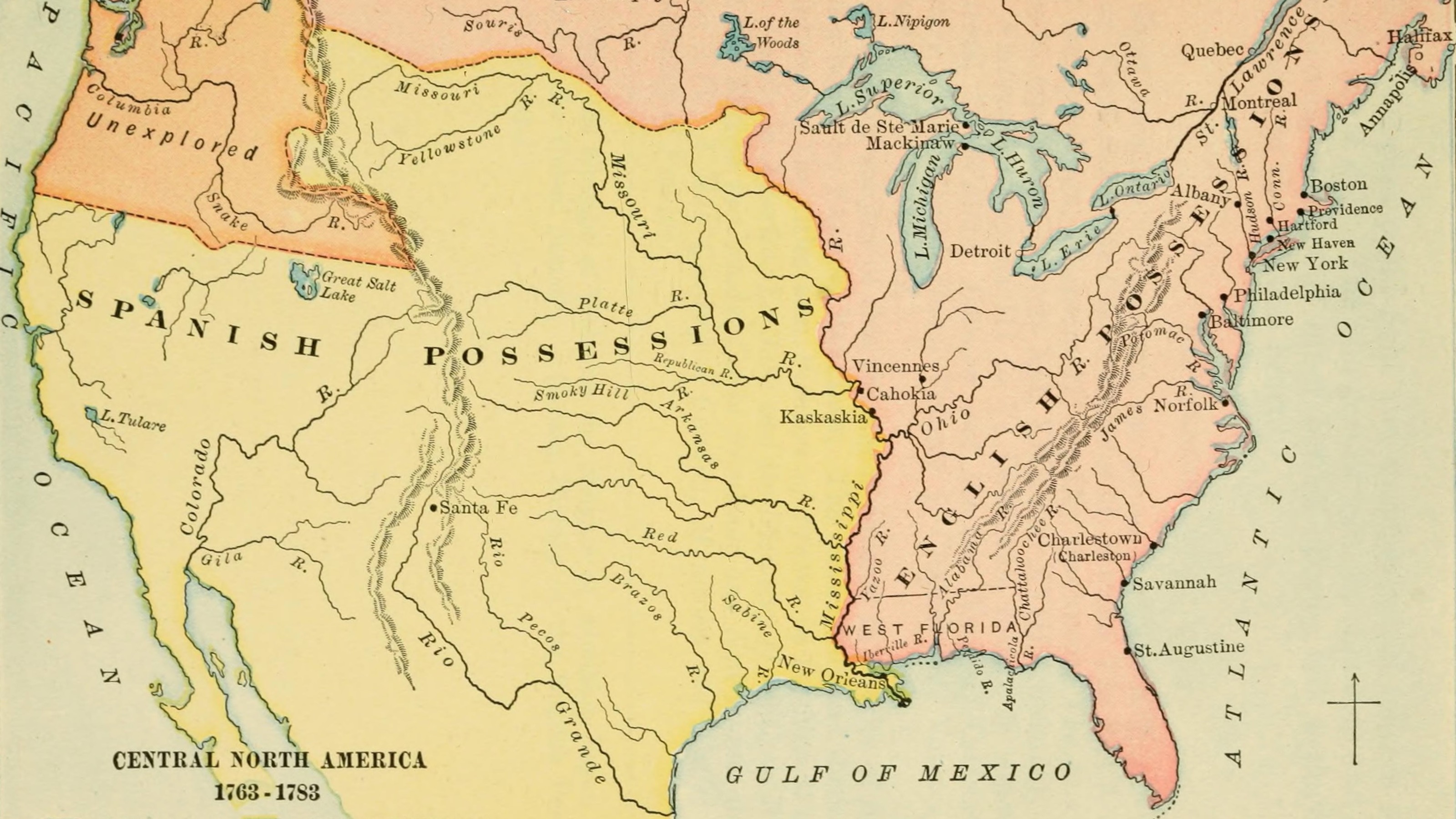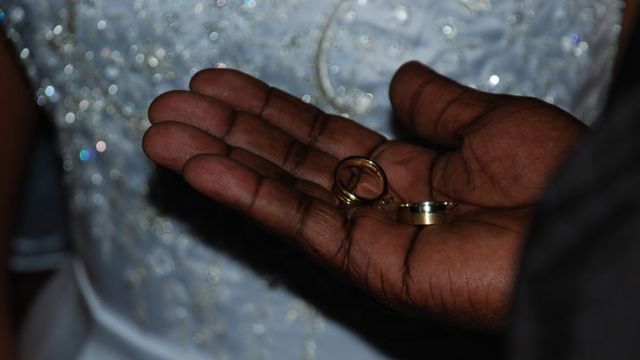A No Fly Zone or Regime Change?

Mark Malloch Brown, a former Assistant UN Secretary General and former UK Foreign Office Minister has today claimed in The Independent newspaper in London that the the ‘great diplomatic triumph’ of last week risks unravelling, and precisely for some of the reasons I outlined yesterday on Big Think.
Malloch Brown was one of the architects of the UN doctrine of ‘Responsibility to Protect’, and as such can be seen to be supportive of moves that protect Libyan citizens from the worst excesses of their leader, Colonel Gadhafi. It is clear that he favours a robust approach to doing just that, and regrets that the resolution that was passed by the Security Council last week did not set in train a plan to make much of eastern Libya into a UN safe haven, which Malloch Brown points out would have allowed for foreign troops to land – albeit in this case, not American or European troops. Instead we have a no fly zone, which is effective up to a point. And when it stops being effective, the temptation seems to be to ratchet up the level and number of targets.
And here comes the big problem: both President Sarkozy and Britain’s Defence Secretary Liam Fox have done just that and conflated it with ‘regime change’. In the case of Fox, he has been reigned in by British military chiefs, who say they will comply with the UN Resolution and that any talk of taking Gadhafi out flies in the face of the UN Resolution and risks the entire operation. They are right and Fox is wrong. However mad, bad and dangerous Gadhafi is, the thought of British and French politicians reinterpreting what the UN Security Council has decreed, and in their excitement at being able to play at the real thing is pretty unappealing. In the longer term it could even serve to reinforce support for Gadhafi from sub Saharan Africa.
The onus is on the United Nations and the Security Council to take full command of the operation in Libya. It is absolutely vital the doctrine of ‘Responsibility to Protect’ is upheld and seen to be a success by the whole World. It’s success would also show repressive rulers that the long arm of the international community and international law, can reach into their backyards if necessary. To allow individual countries such as Britain and France to behave in a unilateral fashion, would be a huge mistake. So far the UN and the Secretary General, Ban ki moon have justly been awarded plaudits for the strong and effective moral position they have taken.
The UN Secretary General has shown himself to be both effective and to be independent. As a Korean he is insulated from any claims of bias one way or another, and his greatest boon is not to be surrounded by Messrs Bush, Cheney and Bolton. But if the British and French are simply allowed to get on with whatever they deem to be in their best interests, the UN will be vulnerable, and in future it will be much harder to get the diplomatic breakthrough that occurred last week, and more difficult to challenge the brutal excesses of despots such as Gadhafi.





